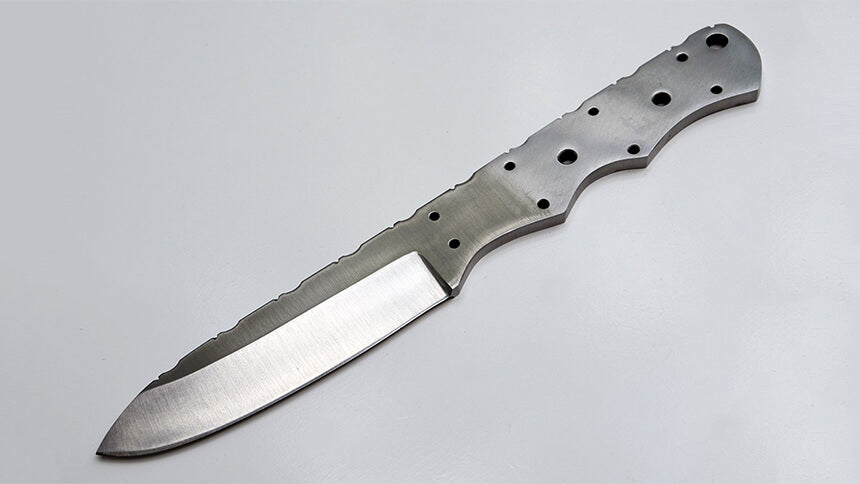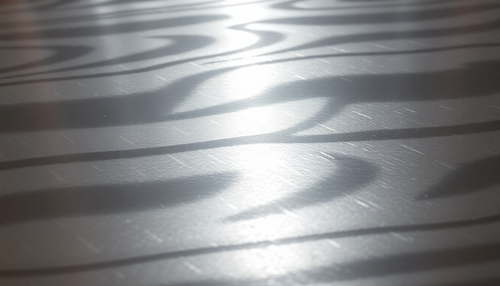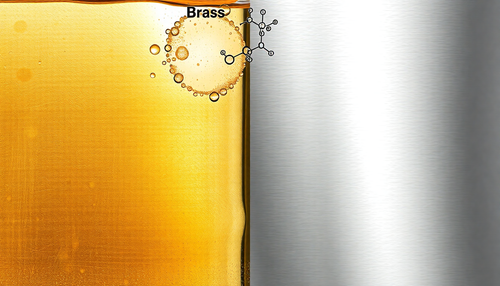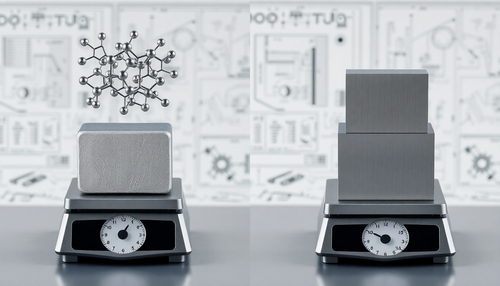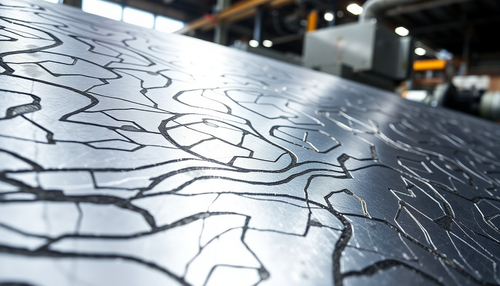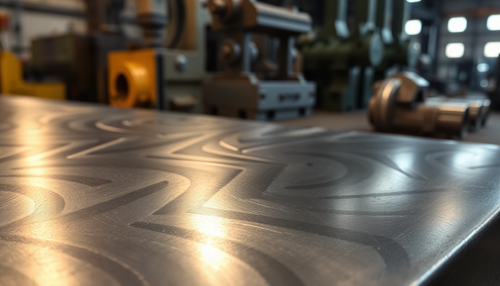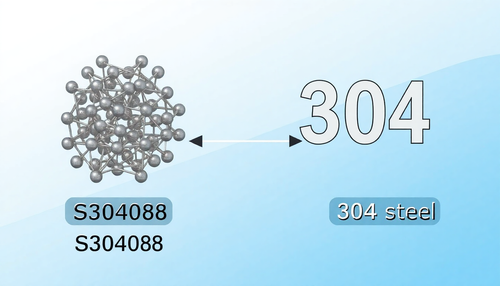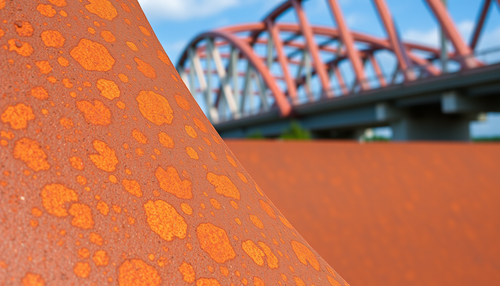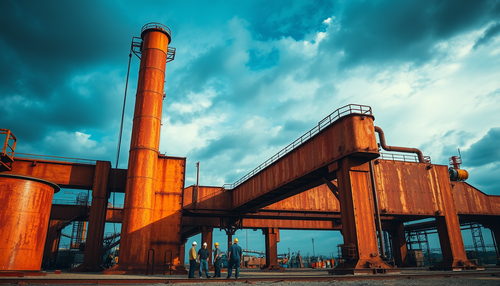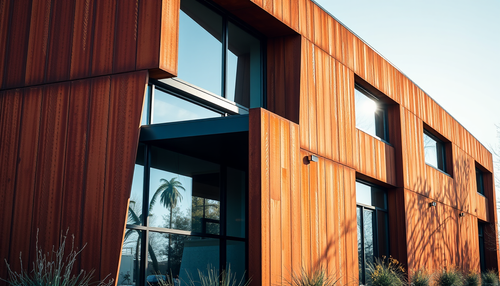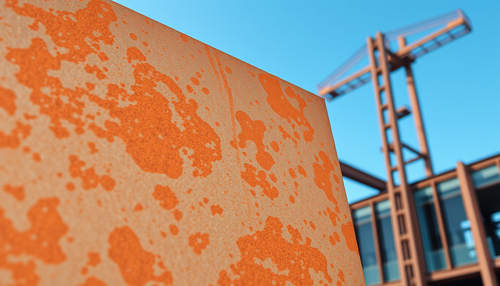
AISI 1095 steel
SAE AISI 1095 steel is one of the most widely used 10 series steels, with good performance and low cost, with adequate toughness and wear resistance, but low corrosion resistance.
1095 Carbon Steel Applications
AISI SAE 1095 carbon steel can be made into steel billet, steel powder, which can be used as tool steel, blade steel, spring steel. The uses of 1095 high carbon steel mainly include chef knife, kitchen knife, utility knife, slicing knives, Bowie knife, hunting knife, scraper blade, wear parts, various springs, plow beams, plowshares, blades scrapers and brake discs.
Datasheet and specifications
Below is the data sheet and specifications of AISI 1095 material, including chemical composition, mechanical properties, heat treatment, density, coefficient of thermal expansion, thermal conductivity, yield strength, hardness, etc.
AISI SAE 1095 Chemical Composition
The table below lists the chemical composition of AISI 1095 carbon steel.
| Chemical Composition AISI 1095 (%) | |||||
| ASTM | AISI type (UNS) | W | Mn | P (≤) | S (≤) |
| ASTM A29/A29M | 1095 (UNS G10950) | 0.90-1.03 | 0.30-0.50 | 0.040 | 0.050 |
AISI 1095 Mechanical Properties
The mechanical properties of SAE AISI 1095 steel are given in the table below.
| Steel (UNS) | Tensile strength (Mpa) | Yield strength (Mpa) | Elongation by 50 mm, % | Area reduction, % | Hardness (HB) | Processing, condition or treatment |
| AISI 1095 (UNS G10950) | 830 | 460 | 10 | 25 | 248 | Hot rolled |
| 680 | 520 | 10 | 40 | 197 | Cold drawn annealed spheroidized | |
| 655 | 380 | 13 | 21 | 192 | Annealed at 790°C (1450°F) | |
| 965 | 570 | 9 | 18 | 293 | How it happened | |
| 1015 | 505 | 9.5 | 14 | 293 | Normalized to 900°C (1650°F) |
Cold rolled strip used for cold formed springs
- Minimum tensile strength (tempered), MPa (ksi): 1240-2340 (180-340);
- Modulus of elasticity, GPa (ksi): 210 (30,000)
- Annealed hardness (HRB): 88
AISI SAE 1095 Physical Properties
Notes: 10 -6 /K = 10 -6 .K -1 = (µm/m)/°C
| Linear Thermal Expansion Coefficients of 1095 Carbon Steel | ||
| Value (10 -6 /K) | Temperature, °C (°F) | Treatment or condition |
| 11.4 | 20-100 (68-212) | Annealed |
| 13.0 | 0-100 (32-212) | Hardened |
| 14.6 | 20-650 (68-1200) | |
| Thermal conductivity of material 1095 | |
| Value (W/m·K) | Temperature, °C (°F) |
| 46.7 | 100 (212) |
| Specific heat of AISI 1095 high carbon steel | |
| Value (J/Kg·K) | Temperature, °C (°F) |
| 461 | 20-100 (68-212) |
| Electrical Resistivity of Steel AISI SAE 1095 | |
| Value (μΩ·m) | Temperature, °C (°F) |
| 0.18 | 20 (68) |
SAE 1095 Steel Heat Treatment
The following table shows 1095 steel heat treatment and rockwell hardness.
Transformation temperature
| Approximate Ac 1 , Ac 3 , Ar 1 and Ar 3 of 1095 high carbon steel | |||
| AISI Degree | Transformation | Temperatures, °C (°F) | Brinell HB hardness after air cooling |
| 1095 | Ac1 | 730 (1340) | 321-255 |
| Ac3 | 770 (1415) | ||
| Ar3 | 725 (1340) | ||
| Ar1 | 700 (1290) | ||
| Heating or cooling to 28°C (58°F)/h | |||
| Heat treatment temperature 1095 | |||
| Steel | Austenitizing temperature for direct hardening, °C (°F) | Normalization temperature, °C (°F) | Total annealing temperature, °C (°F) |
| 1095 | 790-815 (1450–1500) | 845-900 (1550-1650) | 790-830 (1450-1525) |
Notes: Austenitization of 1095 steel is commonly used in parts where induction hardening is employed, the quenching medium is water, brine or oil. If oil quenching is used, the alternative austenitizing temperature may be 815-870°C (1500-1600°F).
Normalizing
The normalizing temperature range of 1095 steel is 845-900°C (1550-1650°F), normally normalized to 845°C (1550°F) and must be cooled in still air.
Full annealing for small steel forgings
| Recommended temperatures and cooling cycles for complete annealing of small carbon steel forgings | |||
| Steel Forging | Total annealing temperature, °C (°F) | Cooling cycle, °C (°F) | Brinell HB hardness |
| 1095 | 790-830 (1450-1525) | 790 to 655 (1450-1215) | 167-229 |
Notes: Data is for forgings with a maximum section thickness of 75 mm (3 in.). For parts with a maximum thickness of 25 mm (1 in.), temperature time is generally at least 1 hour; for each additional thickness of 25 mm, add 0.5 h. The furnace cooling rate is 28 °C/h (50 °F/h).
1095 High Carbon Steel Hardening
Heat to 800°C (1475°F). Season in water or brine. The oil quenching section below 4.75 mm (3/16 in.) is used for hardening. The hardness after quenching reaches 66 HRC. The maximum hardness can be adjusted downwards by tempering.
Austempering
High carbon 1095 steel responds well to austempering (bainite hardening). Austenitize at 800°C (1475°F). Season in a stirred molten salt bath at 315°C (600°F). Hold for 2 hours and let cool in the air.
Direct Hardening
| Typical heat treatments for direct hardening. Season to desired hardness | ||||
| SAE steel | Normalization temperature, °C (°F) | Annealing temperature, °C (°F) | Hardening temperature, °C (°F) | Quenching medium |
| 1095 | 845-900 (1550-1650) | 760-815 (1400-1500) | 855-885 (1575-1625) | Water or oil |
Notes: Spherical structures are generally used for processing purposes and must be cooled or isothermally transformed very slowly to produce the desired structure.
Temperament
| Typical hardnesses of 1095 carbon steel after tempering for 2 hours at different temperatures | |||
| Note | Temperature, °C (°F) | Rockwell hardness, HRC | Heat treatment |
| 1095 high carbon steel, carbon content: 0.95% | 205 (400) | 58 HRC | Normalized to 885°C (1625°F), water quenched to 800-815°C (1475-1550°F); average dew point, 7°C (45°F) |
| 260 (500) | 57 HRC | ||
| 315 (600) | 52 HRC | ||
| 370 (700) | 47 HRC | ||
| 425 (800) | 43 HRC | ||
| 480 (900) | 42 HRC | ||
| 540 (1000) | 41 HRC | ||
| 595 (1100) | 40 HRC | ||
| 650 (1200) | 33 HRC | ||
Forging
The typical forging temperature for 1095 carbon steel is 1175°C (2150°F).
Machinability of 1095 Carbon Steel
The machinability of 1095 steel (spheroidized and then cold drawn) is 45% based on a 100% machinability rating for 1212 steel.
Equivalent grade of 1095 steel
AISI 1095 high carbon steel equivalent to European EN standards (Germany DIN EN, British BSI, French NF…), Chinese GB and Japanese JIS.
Grades:
- DIN 17350: Tool steels, has been replaced by EN ISO 4957.
- GB/T 1298: Carbon tool steels
- JIS G4401: Carbon Tool Steels
- DIN 17222: Cold-rolled steel strips for springs
| Material equivalent to AISI 1095 | |||||||||||||
| USA | European Union | Germany | China | Japan | ISO | ||||||||
| Standard | Note (UNS) | Standard | Note | Standard | Class (Steel Number) | Standard | Class (Steel Number) | Standard | Note | Standard | Note | Standard | Class (Steel Number) |
| AISI; SAE; ASTM A29/A29M |
1095 (UNS G10950) | AMS | 5121F, 5122F, 5132G | EN ISO 4957 | C105U (1.1545) | DIN 17350; DIN 17222 | C105W1 (1.1545); Ck101 (1.1274) | GB/T 1298, GB/T 3278, GB/T 5952 | T10 | JIS G4401 | SK105 | ISO 4957 | C105U (1.1545) |

